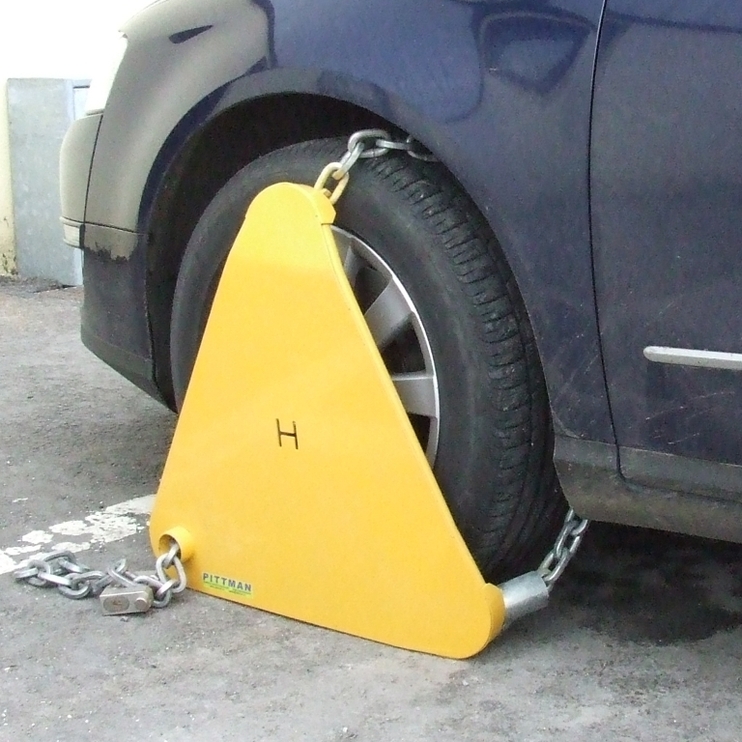The Protection of Freedoms ACT 2012 - Stopping Rogue Clampers
The Protection of Freedoms Act 2012 – Stopping Rogue Clampers
For private landowners, the most cost effective method of enforcing parking control on private land has, for many years, been to wheel clamp vehicles. However, in order to protect the general public against unscrupulous parking enforcers, new government legislation under the Protection of Freedoms Act 2012 means it is now an offence for landowners to employ such traditional methods without lawful authority.
If private landowners wish to remove a vehicle parked on their land after 1st October and do not have lawful authority, they must contact either the police or their local council who will arrange for the vehicle to be removed.
Private landowners are still able to utilize entry barriers and/or issue parking tickets. However, under the new legislation, the government advise that those enforcing parking control on private land should be required to be a member of an Accredited Trade Association, and adhere to a Code of Practice.
In addition, it is advised that private landowners enforcing parking control should subscribe to the POPLA (Parking on Private Land Appeals) Independent Appeals Service, funded by the BPA (British Parking Association). Other parking zones managed by organisations that are not BPA approved operators are not bound by this specific appeals process. However, under the new legislation, they are still expected to advise the motorist of any arrangements under which disputes, appeals or complaints can be referred to independent adjudication or arbitration. Ultimately, the new legislation gives Motorists issued with Penalty Charge Notices greater recourse to appeal against them and private landowners must therefore ensure that there are sufficient grounds to issue tickets.
Parking enforcers in breach of the new legislation are liable to prosecution and upon conviction, may be issued with a significant fine. It is therefore imperative that private landowners ensure that their parking enforcement strategies are legal. Thus, they are advised that from the 1st October, they should;
- Cease from wheel clamping.
- Inform the Police or the local authority if a vehicle is parked on private land without permission.
- If issuing parking tickets, ensure all Parking Charge Notices make reference to the code of practice it adheres to, provides details of the offending vehicle and the time and date of the offence.
- Ensure that all Parking Charge Notices make reference to the defendants right of appeal.
- Ensure that signage informing the general public that parking enforcement is in operation should be erected. This signage should refer to the relevant Code of Practice and makes reference to the conditions of parking and the potential charges payable if these conditions are broken.
- Where appropriate, gather the relevant information from the DVLA and serve notice on the registered keeper of the vehicle. State that the driver of the vehicle on the specific time and date of the offence is liable and ask for payment or for the details of the driver to be provided within 28 days.
If you have any management issues regarding this subject or generally, then please contact Kevin McFarlane on 01902 713333 for an informal discussion.



